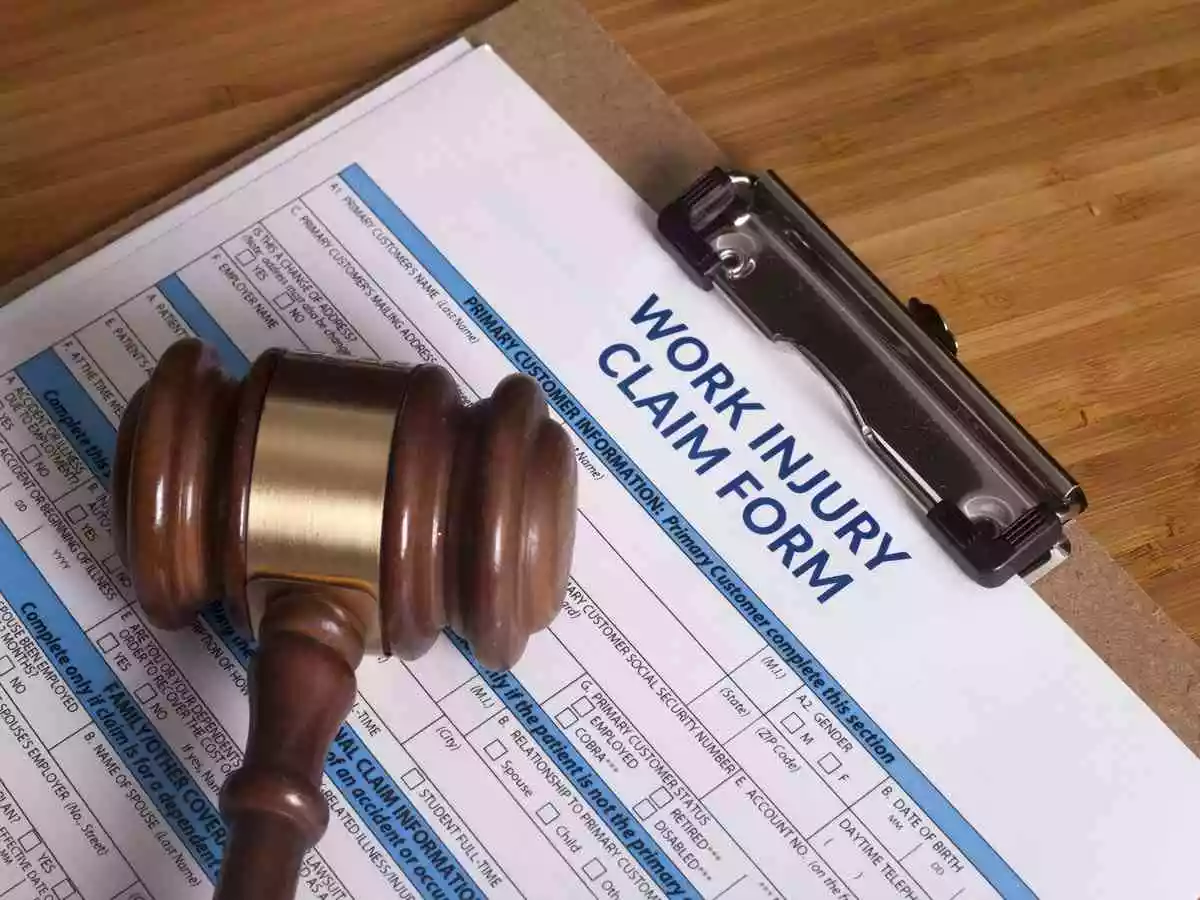
Workers’ compensation coverage will provide benefits to an employee who suffers a work-related injury or illness.
In most cases, workers’ comp insurance for independent contractors does not exist. This means that independent contractors are not usually eligible for workers’ compensation, but there are some exceptions.
If you disagree that you’re an independent contractor, workers’ compensation benefits may be available if you can prove you’re an employee.
To learn more about workers’ compensation for independent contractors, contact a skilled Minnesota workers’ compensation attorney.
Are Independent Contractors Covered by Workers’ Comp?
The law doesn’t require employers to purchase workers’ compensation for independent contractors. This coverage is typically reserved for employees only.
However, some employers choose to buy coverage that would extend to independent contractors. Independent contractors can also purchase their own policy that would cover them in the event of an injury on the job.
Sometimes, employers try to classify workers as independent contractors who are actually employees.
In some instances, the misclassification is a mistake, but other times it’s intentional. By categorizing employees as independent contractors, employers get out of paying benefits and additional taxes.
Independent Contractors and Employees
Answering some questions can help determine whether someone is an employee or an independent contractor. The most critical factors to look at are:
- Payment—Is payment by the job, or do you receive wages, either hourly or salary?
- Control and Direction—How much control do you have over your own work?
- Equipment—Do you provide your own equipment, or does the employer provide it?
- Training and Character of Work—Is your work highly skilled, and do you only perform a single job while working for multiple companies?
Answering these questions can help determine whether you are an employee who is misclassified as an independent contractor. If you find that your employer dictates these factors, then you are likely an employee.
Some employers might have you sign an agreement that says you are an independent contractor, but that’s not enough to override the laws that determine whether you’re an employee or not.
If you feel your employer wrongfully denied your benefits due to independent contractor status, you need to speak with a workers’ compensation attorney right away.
When Are You Entitled to Workers’ Comp in Minnesota?
You may be entitled to workers’ compensation benefits if you are an employee who suffers a work-related injury or sickness. Workers’ comp can cover some expenses like your medical and rehabilitation costs, and it can replace a portion of your lost wages.



